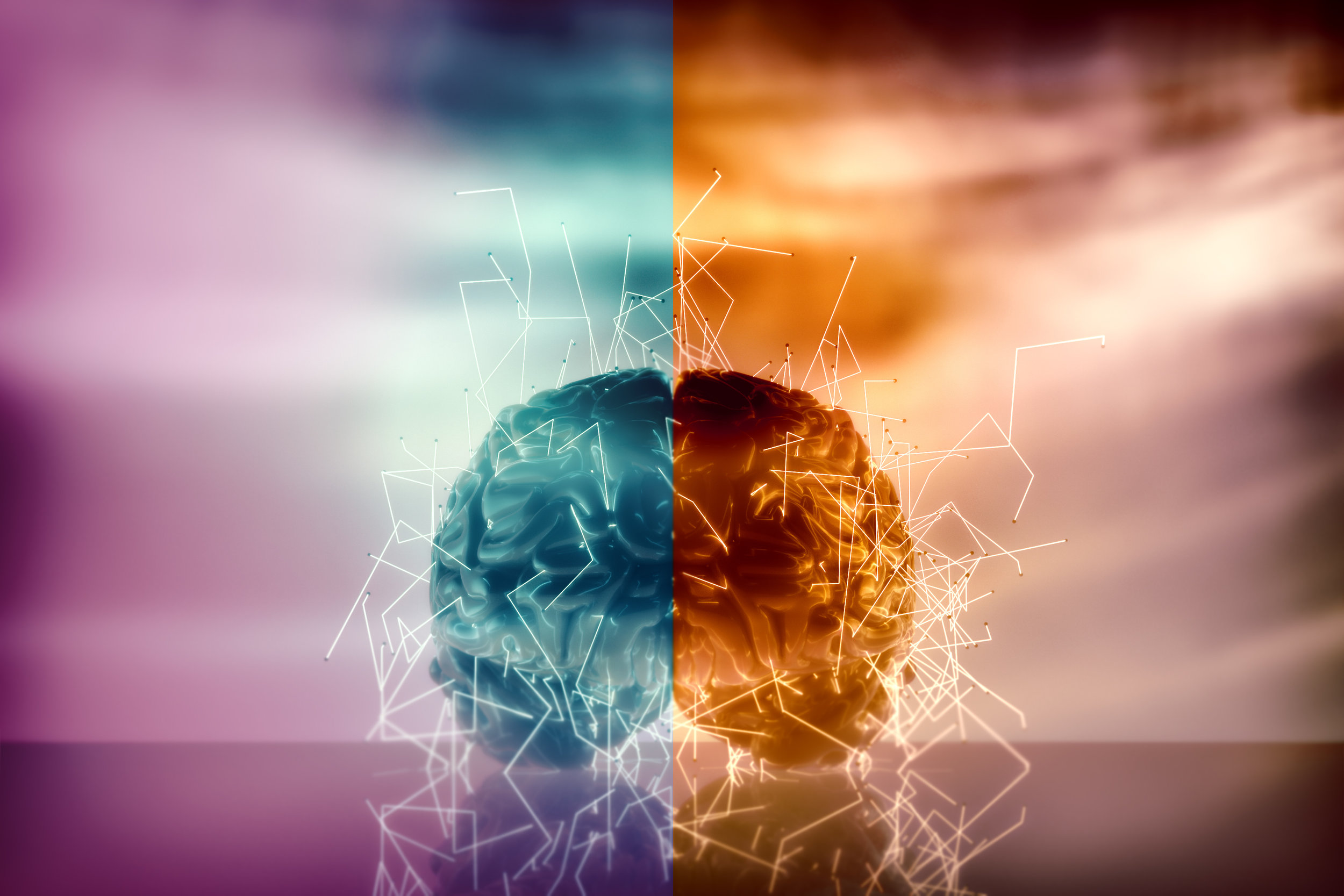Neurofeedback for Depression
Treatment for Depression
The Background of Depression
If you've ever been depressed, you know the feeling of depression is as much physical as it is mental. The inability to get out of bed, the desire to isolate yourself from family and friends, the difficulty finding the energy to even brush your teeth can be debilitating.
Depression is one of the leading causes of disability for individuals ages 15 to 44. More then 16.1 million adults in America are affected by depression in a given year, making it one of the most pervasive mental health disorders in the country.
Often times, people don't even know they have depression because their behavior doesn't represent the characteristic symptoms, such as lack of interest in life, fatigue, sleep disturbance, and poor appetite.
Other times, depressive symptoms can be reactive, which happens as a result of the person's inability to manage other biological conditions. I'll explain that further.
Let's say you struggle at work, you can't stay on task, you're disorganized, you can't seem to manage your time well, but you get your work done... eventually. You're on your bosses radar because you turn in work late, miss deadlines, and just generally can't seem to find a good way to manage your daily tasks.
Because you can't figure out how to get it together at work, you're afraid you're going to get fired, which kick starts feelings of failure, worthlessness, and fear, which may cause you to lose sleep, isolate yourself, decrease your energy... all because you feel powerless over your situation.
You are reacting to your inability to manage your (likely undiagnosed) symptoms of ADHD. ADHD is the biological illness, while depression is the behavioral manifestation of your feelings about your lack of control. You are reacting to your inability to manage your symptoms of ADHD.
In the case of reactive depression, we can treat the ADHD, which will likely improve the depression because now you can stay on task and get your work done. Treating a true case of biological depression requires a different approach.
Neurofeedback for Depression
Like all mental illness, Depression is a brain based disorder. Without getting too technical, the neurological basis for Depression is an imbalance between the left and right frontal lobe activity, most often a lack of fast wave activity in the left hemisphere. Just think of the symptoms of depression, feeling tired, unmotivated, and lacking interest in daily activities. Your brain is producing way to many slow waves, which are causing the physical symptoms. Depression is a little bit harder to treat because depression is often not just a matter of rewiring the brain circuitry. It requires addressing any environmental and interpersonal relationships that may be impacting the person as well.
By making adjustments to promote balance between the lobes of the brain, turning up beta on the left side, and training in the Sensory Motor Region, neurofeedback can help alleviate symptoms of depression letting you take back control of your life.
